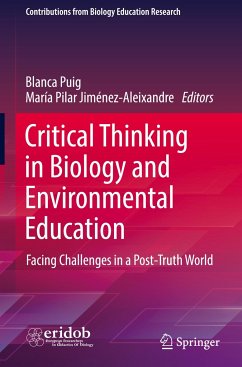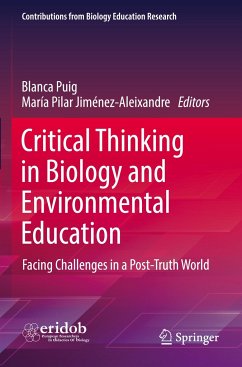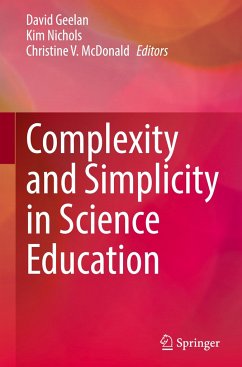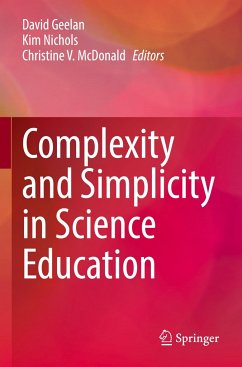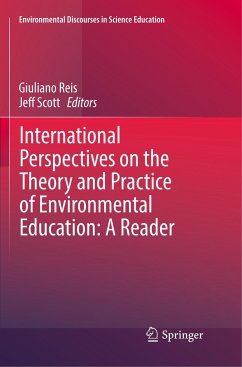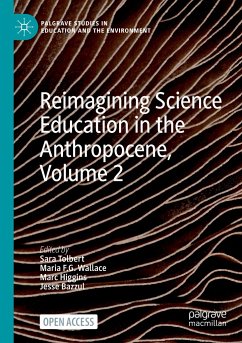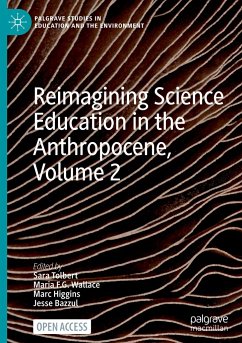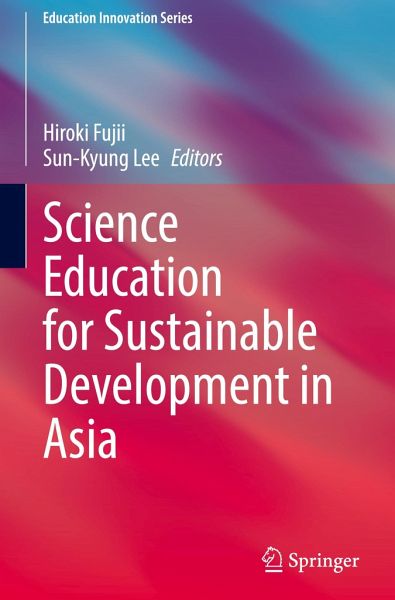
Science Education for Sustainable Development in Asia

PAYBACK Punkte
57 °P sammeln!
This book presents an Asian perspective on transformative science education in the context of the United Nations' Sustainable Development Goals (SDGs). The chapters are written by contributors who practiced science education for sustainability in a research project entitled "Teacher Education for ESD in the Asia-Pacific Region" from 2017 to 2019, supported by the Japan Society for the Promotion of Science, and the Japanese National Commission for UNESCO. The book showcases the contributors' innovations in science education for sustainability, presenting case studies of science teaching and lea...
This book presents an Asian perspective on transformative science education in the context of the United Nations' Sustainable Development Goals (SDGs). The chapters are written by contributors who practiced science education for sustainability in a research project entitled "Teacher Education for ESD in the Asia-Pacific Region" from 2017 to 2019, supported by the Japan Society for the Promotion of Science, and the Japanese National Commission for UNESCO. The book showcases the contributors' innovations in science education for sustainability, presenting case studies of science teaching and learning, science curriculum and assessment, science education in collaboration with local communities, and science teacher education. Embodying Asian sustainability education paradigms, policies, and practices, these case studies depict the diversity and uniqueness of natural, social, and cultural contexts in Asia, while demonstrating their commonalities. Through examining these case studies, this book aims to provide examples for praxis, and prospects, for new science classes, curricula, and teacher education in implementing education for sustainable development.




